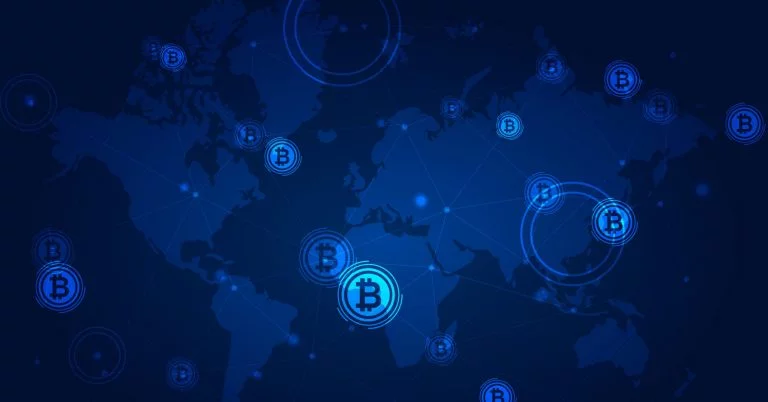
- Amber Smith
- September 01, 2024
In the face of growing environmental concerns and increasing waste generation, innovative solutions are paramount for sustainable development. Granular recovery technology (GRT) is emerging as a groundbreaking approach in waste management, offering efficient recovery of valuable resources from waste materials. By leveraging advanced processes and technologies, GRT transforms waste into reusable materials, thus contributing to a circular economy and reducing environmental impact.
What is Granular Recovery Technology?
Granular recovery technology involves the breakdown of waste materials into smaller, granular forms, allowing for the extraction of valuable components. This technology can be applied to various types of waste, including electronic waste (e-waste), industrial waste, and municipal solid waste. The process typically involves several stages, including size reduction, separation, and purification, each designed to maximize the recovery of reusable materials.
- Size Reduction: The first stage in GRT involves reducing the size of waste materials to granular form. This is achieved through mechanical processes such as shredding, grinding, and milling. By breaking down the waste into smaller particles, it becomes easier to separate valuable components from non-reusable materials.
- Separation: Once the waste is reduced to granular form, the next step is separation. Various techniques, such as magnetic separation, eddy current separation, and air classification, are employed to segregate different materials based on their physical and chemical properties. For instance, magnetic separation is effective in isolating ferrous metals, while eddy current separation is used for non-ferrous metals.
- Purification: The final stage involves purifying the separated materials to enhance their quality and value. This can include processes like washing, chemical treatment, and thermal processing. The goal is to remove any contaminants and improve the purity of the recovered materials, making them suitable for reuse in manufacturing and other applications.
Applications of Granular Recovery Technology
Granular recovery technology has a wide range of applications across various industries, each contributing to environmental sustainability and economic efficiency.
- Electronic Waste (E-Waste) Management: E-waste contains valuable metals such as gold, silver, copper, and rare earth elements. GRT enables the efficient recovery of these metals, reducing the need for mining and decreasing environmental pollution. Additionally, recovering materials from e-waste mitigates the adverse impacts of hazardous substances like lead and mercury, which can leach into the environment.
- Industrial Waste Recovery: Industries generate significant amounts of waste, including metal scraps, slags, and residues. GRT can recover valuable metals and other materials from this waste, allowing industries to recycle and reuse them in production processes. This not only reduces the demand for virgin raw materials but also minimizes the volume of waste sent to landfills.
- Municipal Solid Waste (MSW) Management: Municipal solid waste contains a mix of organic and inorganic materials. GRT can separate recyclable materials such as plastics, metals, and glass from organic waste. The recovered materials can be processed and reintroduced into the manufacturing cycle, while the organic fraction can be used for composting or bioenergy production.
- Construction and Demolition Waste: Construction and demolition activities generate large quantities of waste, including concrete, bricks, and metals. GRT can effectively separate and recover these materials, which can then be reused in new construction projects. This reduces the need for new raw materials and decreases construction waste’s environmental impact.
glyph-technolog 2tb atom ev ssd usb c/tb3/reg
The adoption of granular recovery technology offers numerous benefits, making it an attractive solution for waste management and resource recovery.
- Environmental Sustainability: By recovering valuable materials from waste, GRT reduces the need for mining and extraction of virgin resources. This leads to lower environmental degradation, reduced greenhouse gas emissions, and conservation of natural resources.
- Economic Efficiency: Recovering materials from waste reduces the costs associated with raw material procurement and waste disposal. Industries can benefit from lower production costs and increased profitability by reusing recovered materials in their processes.
- Waste Reduction: GRT significantly reduces the volume of waste sent to landfills, alleviating the burden on waste management infrastructure. This helps in extending the lifespan of existing landfills and reduces the need for new landfill sites.
- Resource Conservation: By recovering and reusing materials, GRT contributes to resource conservation. This is particularly important for scarce and valuable resources such as rare earth metals, which are essential for various high-tech applications.
Challenges and Future Prospects
Despite its numerous benefits, granular recovery technology faces certain challenges. The initial investment in advanced machinery and technology can be high, posing a barrier for small and medium-sized enterprises. Additionally, the effectiveness of GRT depends on the proper segregation and preprocessing of waste materials, requiring efficient waste management systems.
However, ongoing research and development are addressing these challenges. Innovations in automation, artificial intelligence, and machine learning are enhancing the efficiency and cost-effectiveness of GRT. As technology continues to evolve, the adoption of GRT is expected to increase, driving sustainable waste management practices globally.
Conclusion
Granular recovery technology is revolutionizing waste management by enabling the efficient recovery of valuable resources from waste materials. By transforming waste into reusable materials, GRT supports a circular economy, reduces environmental impact, and promotes resource conservation. As we continue to innovate and overcome challenges, granular recovery technology will play a crucial role in shaping a sustainable future for waste management and resource recovery.





































































 Guides
Guides News
News Blockchain
Blockchain Cryptocurrency
& Digital Assets
Cryptocurrency
& Digital Assets Web3
Web3 Metaverse & NFTs
Metaverse & NFTs
